Program
Keynote Speakers
The future of the right to repair and free software
The future of the right to repair and free software
The fight for our Right to Repair our stuff has gained momentum, but we can’t stop at parts and manuals — we need software access, too. This is obvious to farmers with tractors locked down in “limp mode” at harvest time and iPhone repair shops that can’t dismiss annoying warnings. Manufacturers are hiding more and more repairs behind software locks. We’re fighting them every step of the way, from state legislatures to GPL enforcement lawsuits. When repair professionals and device owners don’t have access to the software they need to complete a repair, they’ve got slim choices: Admit defeat and send the thing to recycling? Hack your way through it? Join the fight for the Right to Repair?
We’re winning that fight, and manufacturers are on their back foot like never before. The first-ever digital repair bill passed in New York in December. Despite the ways the New York bill got narrowed by lobbyists, we’re excited that it will require manufacturers to provide access to whatever software is necessary to complete a repair. Meanwhile, the European Union has passed several repair reforms. France now requires manufacturers to post repair scores at the point of sale. And the Software Freedom Conservancy got a federal court to agree that individual consumers should have the right to the source code of anything operating under the GPL. Oh yeah, and Sick Codes showed off Doom running on a Deere tractor at DefCon. Manufacturers with unjust repair practices, watch out!
Free software would give us the freedom to repair the brains of all our software-enabled devices. But without it, we need research to keep manufacturers honest. Exploits like Sick Codes’s Deere jailbreak help call attention to the vulnerability of security through obscurity, which is always the way manufacturers defend proprietary software and unjust repair practices. Other hacks, like ChuxMan’s hack of his washing machine firmware, point to places where manufacturers are letting consumers down.
Free software and the Right to Repair movement share a heart: When you buy something, you should own it. You should have the right to open it, look inside it, examine what makes it tick—and maybe even make it tick in a new way.
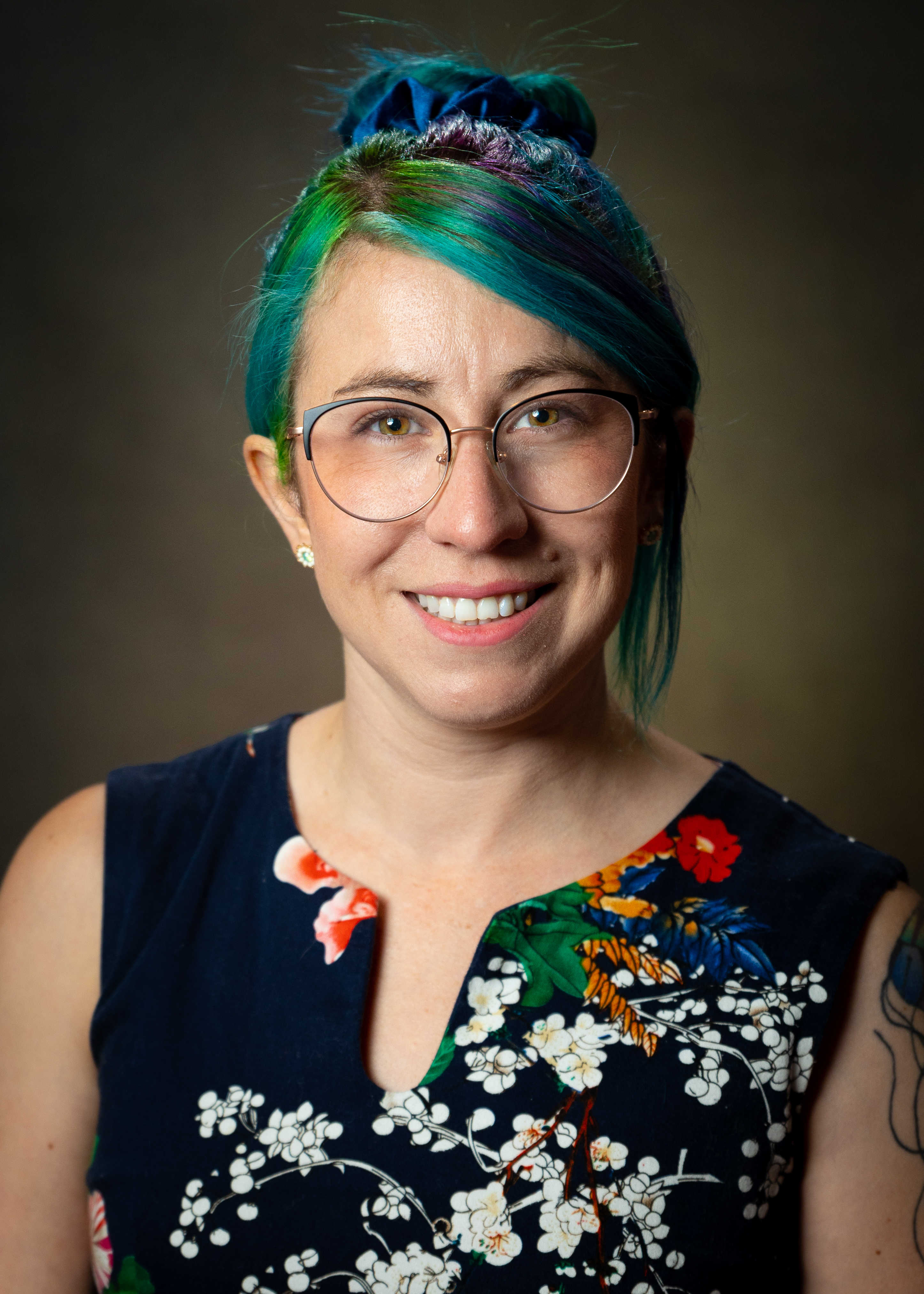
Elizabeth Chamberlain
Dr. Elizabeth Chamberlain is Director of Sustainability at iFixit, which is the free repair manual for everything, with over 90,000 guides for fixing everything from tractors to toasters. Liz advocates for the Right to Repair around the world, supporting lawmakers, conducting repair research, and working to make sure environmental standards reflect repair best practices. Her writing on repair has been published in the Wall Street Journal, Wired, and The Atlantic.
Education and the future of software freedom
Education and the future of software freedom
As the political stakes of digital technology become increasingly apparent, it’s clear that an ethical approach to software use and development is more important than ever. While a number of organizations and advocates are doing important work to advance ethical forms of software practice, we continue to miss one of the key sites where software habits and expectations are reinforced and normalized at scale, that is, institutions of education.
In this talk, I will discuss the inadvertent role higher education plays in teaching students to passively accept broad forms of digital surveillance and control through its use of popular educational technologies like learning management systems, word processing software, and test taking tools, and how this submission leads to the broader mass helplessness in the face of current technological struggles. Starting with my chance encounter with free software as a humanities graduate student, I will highlight a range of promising contemporary examples of experiments in higher education that push against exploitative trends in educational technology and expose students to the differentiating value and possibility of software freedom. As we chart the course of the future of software, these examples shine light on the importance of educational institutions in the struggle for software freedom and the urgent need for broader community support to help sustain and encourage these precarious endeavors.
Erin Rose Glass
Erin Rose Glass is a researcher and educator who has worked across universities, community colleges, academic libraries, and industry to promote technical literacy focused on ethics, user governance, and community values. She has co-founded a variety of community-driven ed tech initiatives that center ethics and user freedom, including Social Paper, a platform for socializing student writing funded by the National Endowment for the Humanities, and KNIT, a digital commons shared between UC San Diego and the San Diego Community College District. Her research publications focus on the intellectual and political stakes of digital infrastructure related to education and research, including her dissertation, Software of the Oppressed: Reprogramming the Invisible Discipline, which examines the history of ed tech in higher education through Paulo Freire’s philosophy of critical pedagogy. More recently, she led the Developer Education team at DigitalOcean before joining Chainguard, a start up focused on software supply chain security. She lives in California with her family and pack of fluffy creatures, big and small.
Speakers
Problems in the fediverse: Organization
Problems in the fediverse: Organization
The biggest problem that faces the Fediverse right now is the same one that faces a lot of other free-software initiatives. Not mindshare, not features, but one of contribution: how do we encourage people to contribute, how do we make it easier to contribute, and how do we ensure our efforts are coordinated towards what is most needed for the ecosystem? This presentation will focus on lessons I’ve learned over the years in my involvement, lessons learned from the recent Twitter exodus, and how this ties back to the importance of organization.
Tomat0
For the past four years, I’ve been involved in various initiatives to help grow the Fediverse, including the Copyleft Curator newsletter and The Open Web Project. During that time, I’ve gotten deeply involved in the community: experimenting with strategies, identifying the biggest problems facing ecosystem, getting a feel for the culture, and looking at what potential the federated and free-software model provides for actually affecting change. I’m very deeply interested in the intersection between technological design and human behavior, and how to best solve problems creatively and autonomously, in a way which empowers human beings as opposed to binding them.
WorldVistA EHR version of the Department of Veterans Affairs Electronic Health Record
WorldVistA EHR version of the Department of Veterans Affairs Electronic Health Record
WorldVistA EHR is a slightly modified version of the Department of Veterans Affairs Electronic Health Record, VistA. VistA is currently in the process of being replaced by Oracle Cerner by the VA, but implementation of the new system is currently on hold because it is not preforming up to expectations. Meanwhile, VistA is in use in many places internationally, with the largest implementation in the country of Jordan. The largest implementation in the U.S. is at Central Regional Hospital, a state mental health hospital in North Carolina. It will fall upon the free software community to keep this comprehensive free software EHR available in the future.

Nancy Anthracite
Nancy Anthracite, MD is an internal medicine physician working in an occupational health clinic as her occupation and president of WorldVistA as her volunteer avocation. She became aware of VistA and devoted to keeping VistA free software since 1999 and is surrounded by like-minded volunteers with the same goal. She became CMO of WorldVistA in 2007 and president in 2009.
What's new in Jami
What's new in Jami
Jami is free/libre software for universal communication that respects the freedoms and privacy of its users. An official GNU package, Jami is an end-to-end encrypted secure and distributed communication tool for calling, conferencing, messaging, and file transfer. Jami has end-user applications across multiple operating systems and platforms, as well as multiple APIs and a plugin system for building upon and extending Jami as a framework for secure and private communication.
This talk gives an update on what's new in and about Jami since bandali's "Jami and how it empowers users" talk at LibrePlanet 2021.
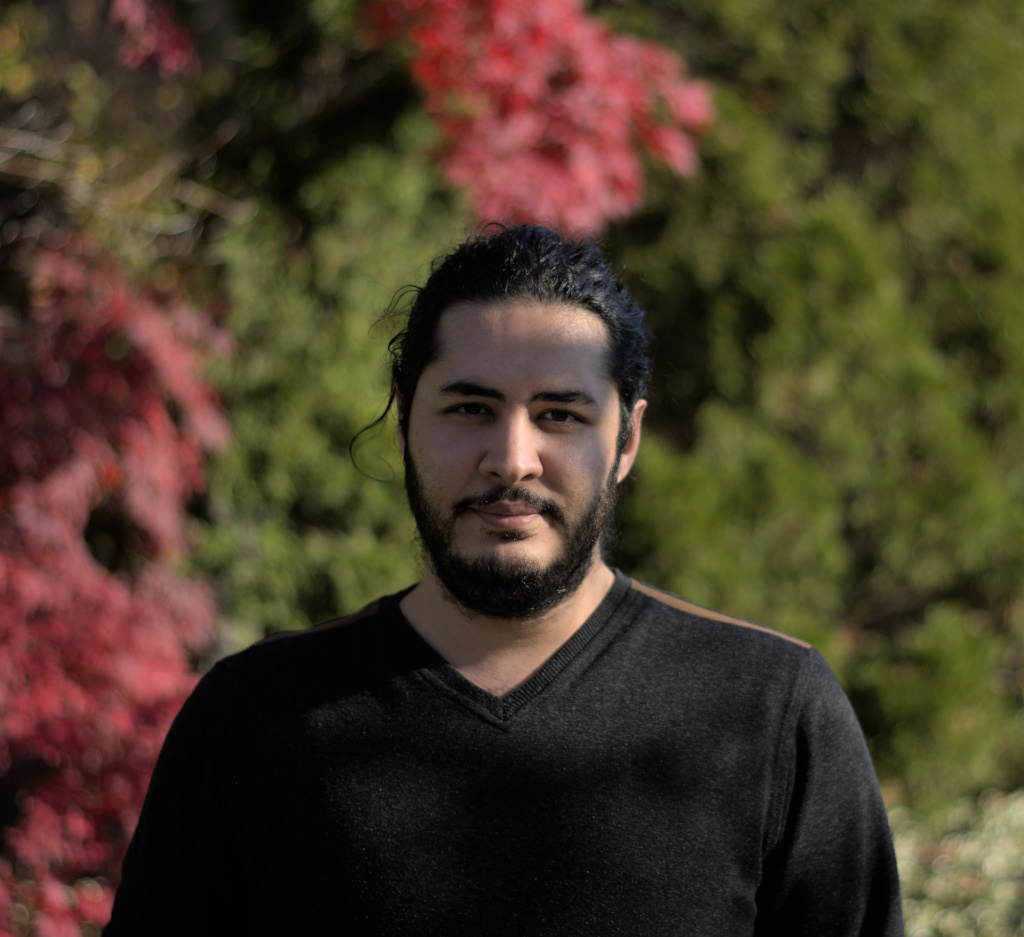
Amin Bandali
bandali is a computing scientist and free/libre software activist who wears a few hats around the GNU project as a GNU maintainer, a Savannah hacker/admin, and an assistant GNUisance among others, and also volunteers with the Free Software Foundation.
A practical demonstration of least authority services via free software
A practical demonstration of least authority services via free software
This session will demonstrate the current status of 3NWeb protocols and client using Trisquel GNU/Linux and RYF hardware. 3NWeb use cases include encrypted messaging and storage. The protocols can be run over anonymous Free Software networks such as Tor and are agnostic in regard to addressing. For example, nodes can be communicated with via .onion hidden services or IPFS namespaces.
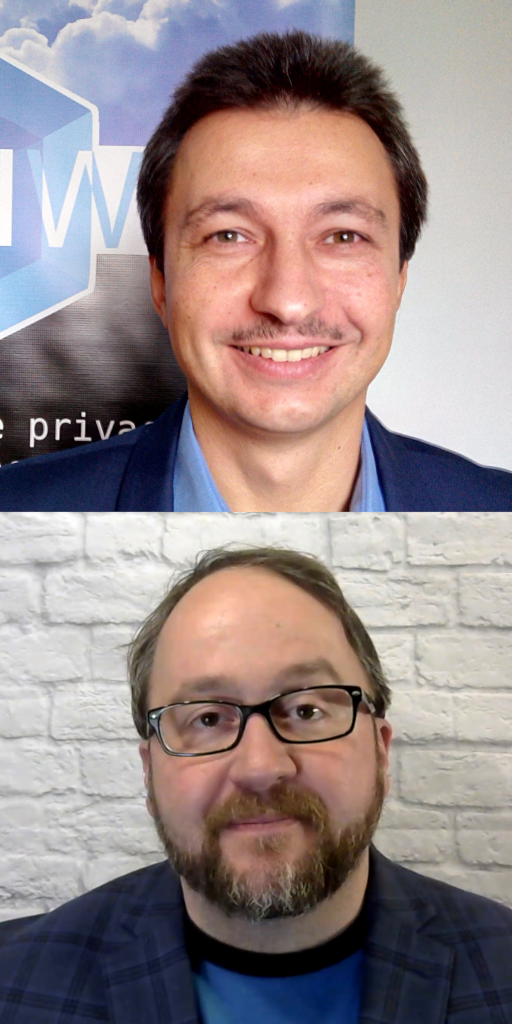
Mikalai Birukou
Mikalai Birukou is an expert in decentralized, privacy-by-design technologies and is building the 3NWeb protocols to create a better and safer digital world. Mikalai's is passionate about creating digital spaces where every person is in control of their own life.
Sean O’Brien is a lecturer in Cybersecurity at Yale Law School, where he founded the Privacy Lab initiative. Sean is a longtime supporter of free software and has worked on various projects, founding the PrivacySafe project to build local-first software and privacy-by-design networks using the 3NWeb protocols. He is Open Source Lead at Tari Labs & Yat Labs, was the founding Head Tutor at Oxford University Cyber Security for Business Leaders, and is Security Advisor for Panquake.
Freedom hardware: Current state and forward looking statements
Freedom hardware: Current state and forward looking statements
The RISC-V architecture and ecosystem have undergone tremendous growth recently. We will take a look at the current state of RISC-V and its current deployment footprint. We'll discuss where RISC-V may be headed and the role it may play in completely open and free datacenter servers, tablets, and cellphones. We will review the emergence of the ARM architecture and how in may be an important stepping stone to a free computing platform. We'll discuss the differences between the ARM licensing model and the X86_64 architecture licensing model as well as the role of ARM processors in cell phones and cloud datacenters (such as AWS). Finally, we'll take a brief look at some options for starting RISC-V free and open hardware development for both experienced FPGA programmers and newbies. We'll explain options including physical RISC-V processors, FPGAs, and software emulation.

V. Alex Brennen
Alex is a free software developer that has been writing GPL licensed software for more than 25 years. Most of his development work was in academic environments. However, he also developed cryptography software as part of the Cypherpunks movement in the 1990's and has extensive experience in computer security. Alex has been a systems administrator at MIT for over 15 years working with MIT Libraries and groups including CSAIL and W3C. Alex also helped start ProtonMail, serving as one of its first ten employees and its first infrastructure administrator and security officer. He developed an interest in libre hardware while working on autonomous robotic drone hardware at CSAIL.
Kurt Keville is an MIT research scientist, systems administrator, and cluster manager at the MIT Office of Research Computing and Data (ORCD). Kurt has a master's degree in electrical engineering from MIT. He previously worked on low power and performance per watt dense super computing clusters. He supports a number of packages on Supercloud. He also maintains the MIT Debian RISC-V build farm. He is a frequent speaker at the Boston Linux User's group on the topics of libre software, emerging hardware, and GPU based super computing and CUDA programming.
Taking control over the means of production: Free software boot
Taking control over the means of production: Free software boot
The computers we use run different type of software. Many people know about applications (like VLC or LibreOffice) or operating systems (like GNU/Linux or Android).
But there is also software running before the operating system is even started (like BIOS, UEFI, the Management Engine or the PSP operating systems). They give the hardware manufacturers an enormous amount of control over the computers used by users, even if users use FSF-approved GNU/Linux distributions like Trisquel and Parabola. That control is for instance often used by hardware manufacturers to give companies the ability to remotely control users computers through features like AMT, and that control is independent of the operating system running on the computer. After giving some background for less technical users, we will look from a user point of view why and how to avoid nonfree software in that area.

Denis Carikli
GNUtoo has been contributing to various free software projects that either support computers that boot with only free software (like Coreboot, Guix, Libreboot, Linux, Linux-libre, Parabola, Trisquel, u-boot) or that try to (but didn't succeed yet) to support such computers (Replicant). GNUtoo also wrote extensive documentation on the topic in the Libreplanet Wiki or in an article about the Management Engine.
DIY browsers
DIY browsers
In their pursuit to turn a beautiful document publishing system into a modern web browsers have become incredibly complex, to the extent that it becomes impractical to exercise your software freedoms to study, modify, share, & share your modifications. Even once all dominant engines are nominally free software.
This talk will explore my journey building alternative browser engines, how they can be made appealing despite limited capability, the benefits to the free software ecosystem, and how you can help bring a JavaScript-free web into reality.

Adrian Cochrane
Adrian is passionate about helping people be empowered by computers through custom software development work. It’s not enough for Adrian to create something that works - he must know why it works! Adrian graduated from Victoria University of Wellington in 2017 with a degree in Computer Science. His education in computing began long before that, having learned his first programming language at age 10. For his hobbies Adrian enjoys illustrating how software can be better through his personal projects, reviewing audioshows, and is always keen for a game of Catan.
The state of free software in farming, food & agriculture
The state of free software in farming, food & agriculture
Free software is used in almost all mission critical agricultural equipment: GPS guidance, vehicle ECUs, touch screen displays. In this talk, I will demonstrate how much free software is used to maintain the food supply chain, as we know it and the importance of keeping free software in these processes. Secondly, the importance of upholding the four essential freedoms that are already in use by major agriculture companies, hardware makers, inventors most importantly, the users, farmers.
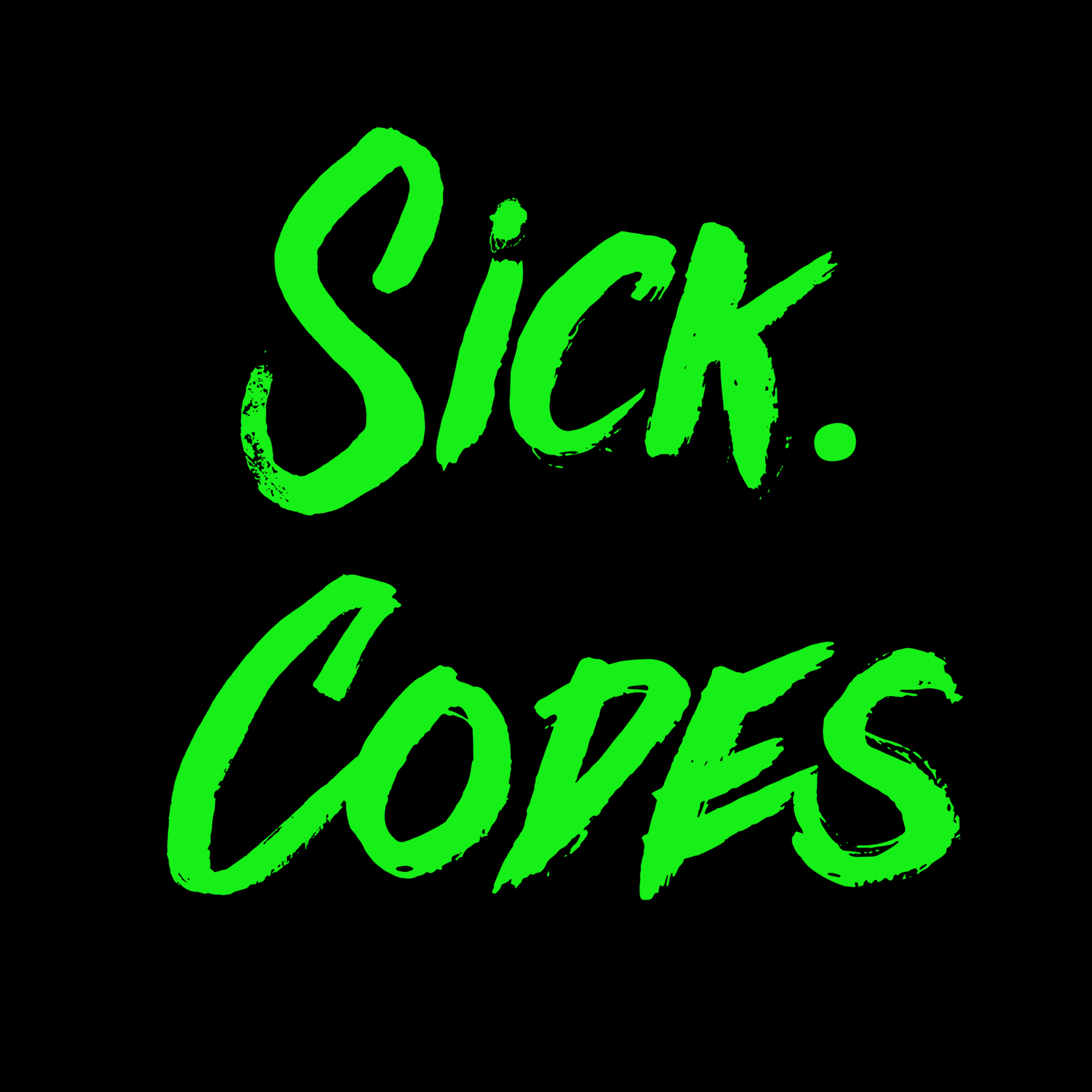
Sick Codes
Sick Codes is an Australian hacker, who resides somewhere in Asia. Sick Codes has previously published research on John Deere tractors, TCL Smart TVs, ice cream machines and most major social media/software websites that we use every day. He loves motorcycles, going fast, discovering vulnerabilities and capitalizing on 0days. His other interests include maintaining software projects, free software, reverse engineering, and standing up for other researchers.
Should developers get paid for their work?
Should developers get paid for their work?
There is a great challenge around payment for building platforms and working on free software projects. Sometimes a client will pay for development and other times there are unfunded projects that are built for community use by volunteers. What are some good business models that financially support the developers? Is an infrastructure needed to support payment for working on free software projects? Could OpenCollective be a path for sponsoring multiple development projects for teams of developers?
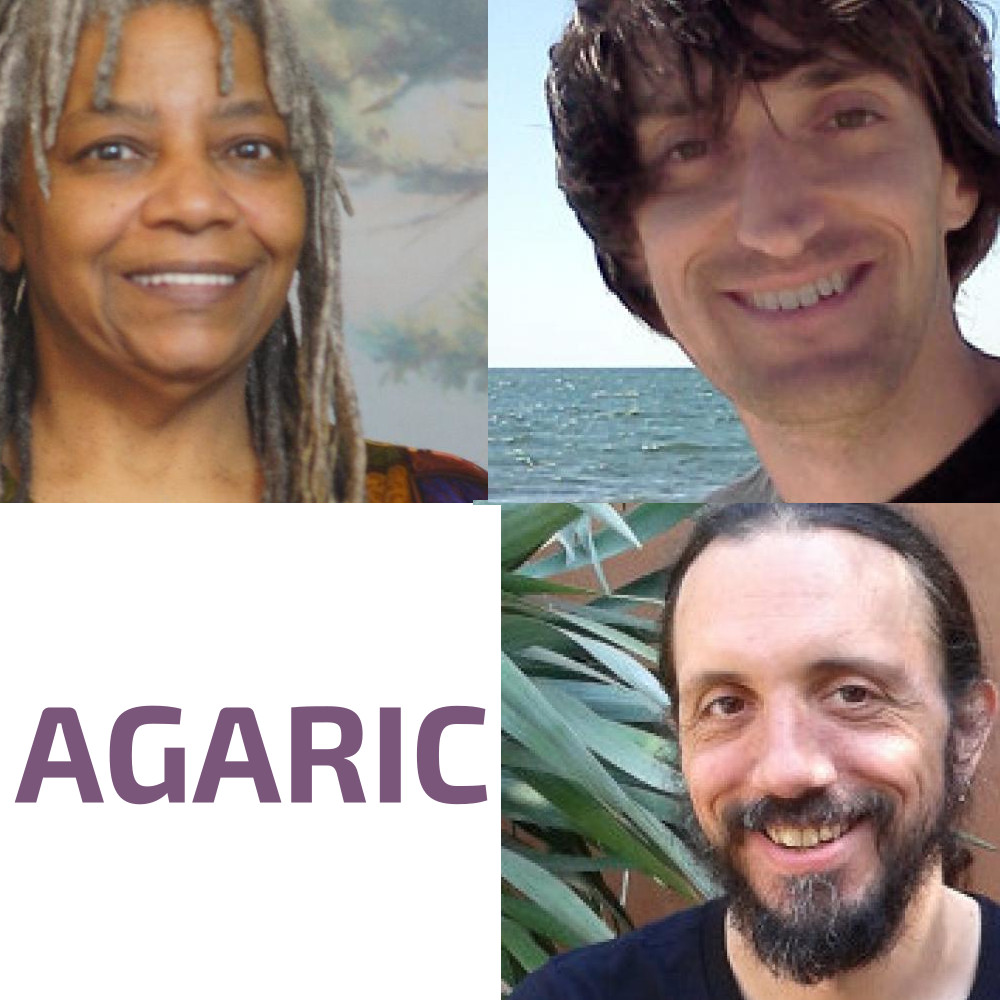
Agaric Technology Collective
When building platforms on free software we strive to use the Drutopia.org model of the more clients we have paying, the lower the cost or the modifications become free to other Drutopia members.
Safety-critical software certification and why free software
might be the best solution
Safety-critical software certification and why free software
might be the best solution
In safety-critical software, mistakes and errors can be lethal. Recent accidents with the Boeing 737 Max Aircraft illustrate the failure of proprietary software required to have undergone careful review following the F.A.A.'s DO-178x certification process. Governments and the people they represent must strongly consider requiring free software to be used for safety-critical code implementations. Free software offers transparency and a much higher level of review than what is possible with proprietary software.

Dr. William Cooper Davidon
Cataloguing challenging museum-libraries items
Cataloguing challenging museum-libraries items
Seeking dialogue for the expansion of horizons, the communication will present a case study around a system made to assist in the record of hybrid items, such as books that have handwritten dedication, for example, or items with diffuse or multiple definition boundaries, like handwritten correspondence, as they can represent a challenge for custoding institution because they own the potential to elucidate intersubjective intricacies by revealing relationships that individuals establish with their time.
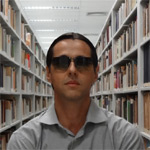
Silvio Tamaso D'Onofrio
Silvio Tamaso D’Onofrio holds a D.Sc in Social History from the University of São Paulo, Brazil. He was an Associate Professor in a higher education institution and currently heads REGIONEM, a research group dedicated to the study of material, intellectual and spiritual elements linked to the notions of space, area and region, based in São Paulo. Focusing also on digital humanities, dr. D’Onofrio’s peer-reviewed articles that appeared in journals worldwide. He has also published book chapters in recognized publications and he serves as a reviewer and member of editorial boards for international academic and scientific publications.
Free licensing of trademarks. A tool to expand the scope of free licenses to a wider scope of works. Including physical objects.
Free licensing of trademarks. A tool to expand the scope of free licenses to a wider scope of works. Including physical objects.
Trademarks provide a proprietary association of goods with an image or rhetoric. The free licensing of trademarks enables the identification of free works with free trademarks and the inclusion of proprietary trademarks only under the developers' permission. This conditional permission allows revenue channels for developers as well as the establishment of quality stamps.
Julian Daich
Julian Daich has a background in biophysics with experience developing biomedical technology in academic and industrial environments. He has been working during the last years at LINDS, a 501(c)(3) non profit, in the developing of biomedical technology to be released under free licenses.
Between other projects, he participated in the founding of Cyclicka in Spain, Fee Computer Labs in the Boston area and TRASHWARE-TLV in Israel oriented to train people in the free use of software and hardware.
BigCode: Open and responsible research on Code Generating AI Systems
BigCode: Open and responsible research on Code Generating AI Systems
While code generating AI systems like CoPilot have emerged as a powerful tool for professional developers, there are growing legal and ethical concerns around the development of these models. Questions have been raised as to whether these AI models respect current free software licenses---both for model training and generation---and what the social impact of this technology is on the free software community.
The BigCode project is a scientific collaboration (with over 350 participants) working on the responsible development of code generating AI systems. In this talk, we discuss how we navigate the legal-ethics-governance aspects around the development of these models, including how we developed a permissively licensed code dataset, give developers the option to remove their code from the training data, redact personally identifiable information (PII), and attribute generated programs to the original code snippet.
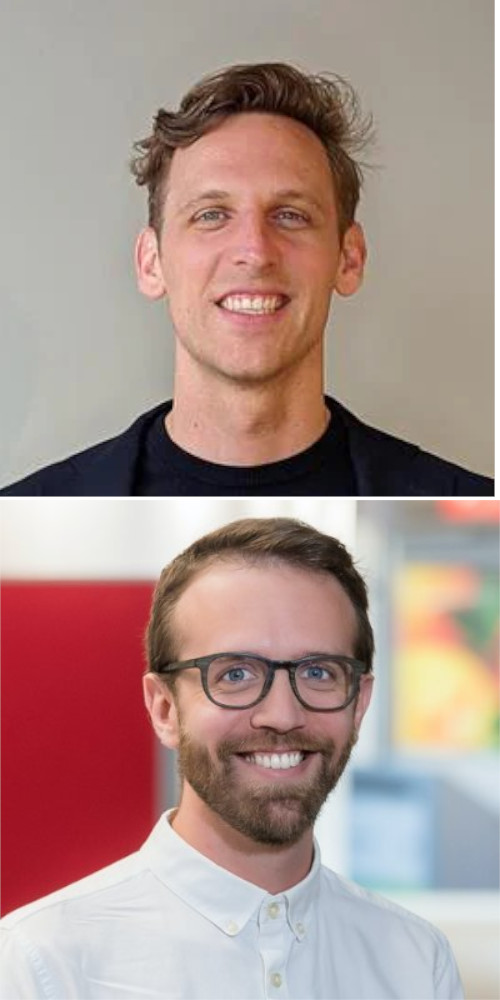
Harm de Vries
Harm de Vries is a staff research scientist at ServiceNow.
Leandro von Werra is a machine learning engineer at HuggingFace.
CHATONS, a collective for French-speaking ethical hosters
CHATONS, a collective for French-speaking ethical hosters
CHATONS is a collective initiated by Framasoft in 2016 that gathers organizations proposing free, ethical and decentralized online services in order to allow Internet users to quickly find alternatives to the services offered by the Web giants. During this talk, Angie (the collective coordinator) will present the collective's objectives, it's governance and the actions the community has taken.
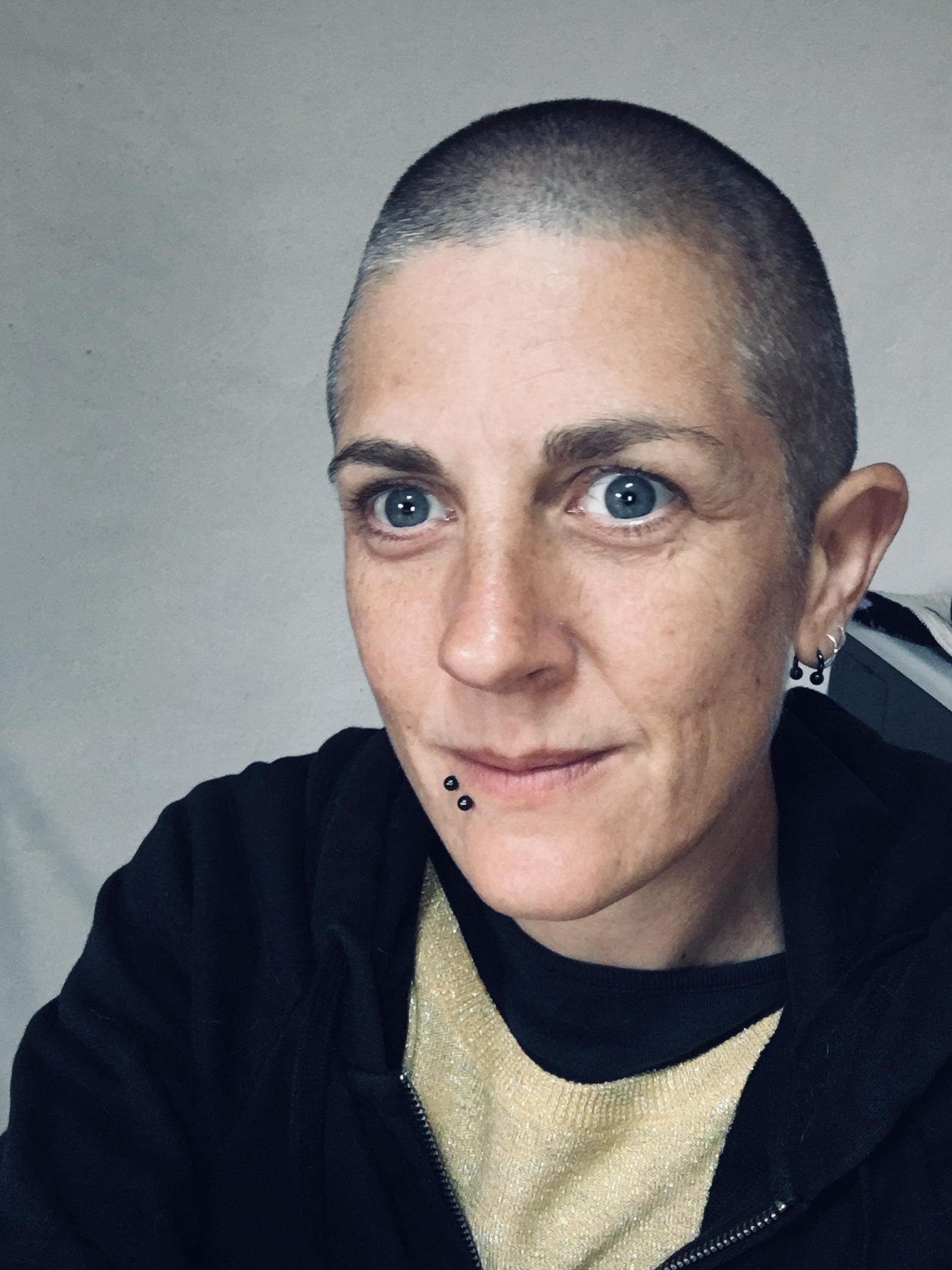
Angie Gaudion
In charge of public relationship at Framasoft Association for four years, Angie is also coordinator of the Collectif des Hébergeurs Alternatifs Transparents Ouverts Neutres et Solidaires (CHATONS). Previously digital mediator and librarian, she has been active for several years in many associations for the promotion of free culture and knowledge commons.
The Nym mixnet: Free software to end mass surveillance
The Nym mixnet: Free software to end mass surveillance
The Nym mixnet is a new privacy infrastructure for an anonymous overlay software to resist mass surveillance. Like a VPN, it is compatible with generic internet apps. In contrast to a VPN and Tor, even a global passive adversary that has a "God’s eye view" cannot determine who sent a message over Nym to whom. We will review the design and codebase, and demonstrate its usage for use-cases such as e-mail and instant messaging, as well as how to run your own mix mode on GNU/Linux to provision privacy - and freedom - for others.
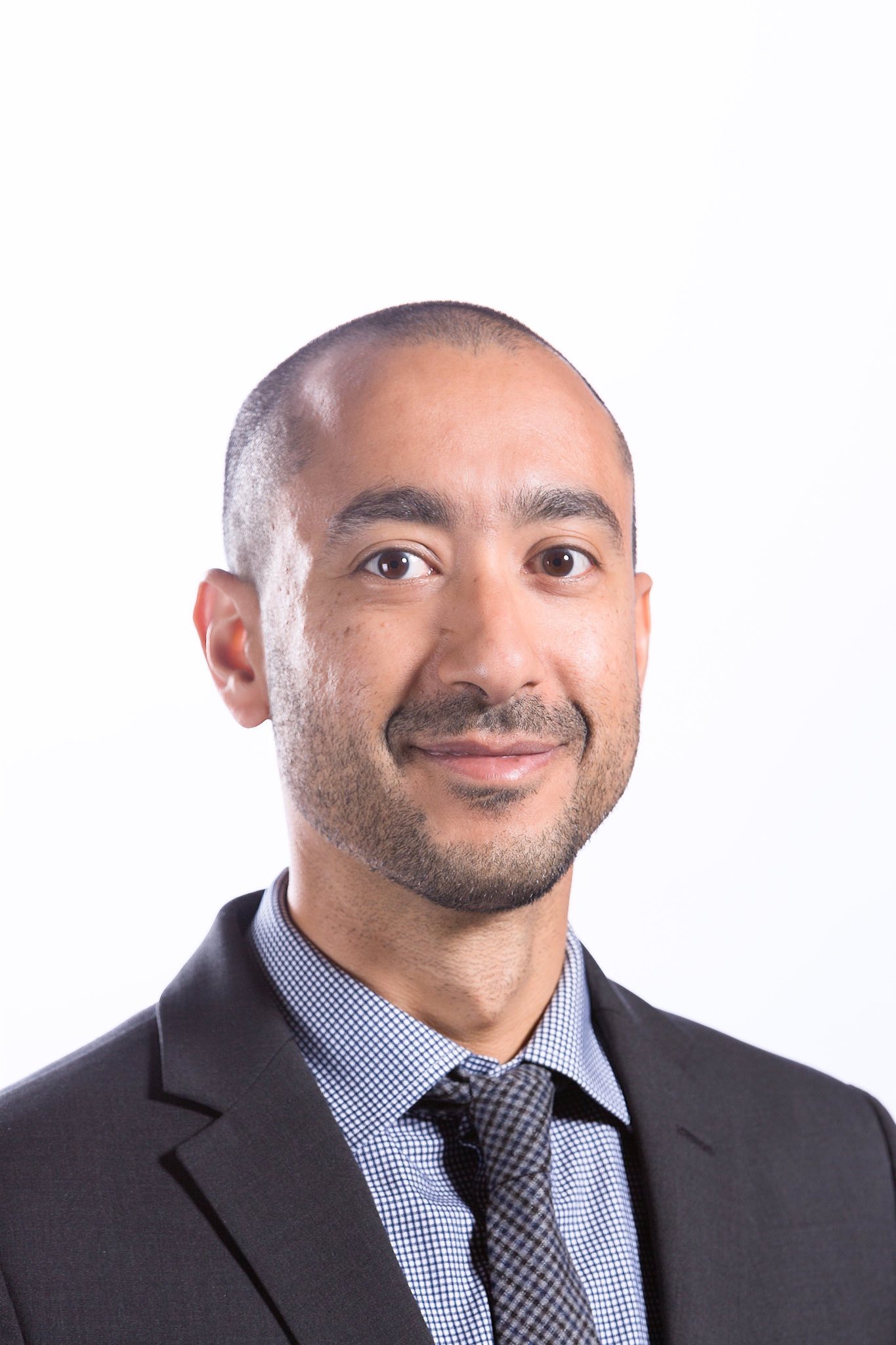
Ahmed Ghappour
Ahmed Ghappour is General Counsel at Nym Technologies and Professor at Boston University, where he teaches Cybersecurity Law, Privacy Law, and Criminal Law. Before his current roles, Ghappour built law clinics at UT Austin and UC Hastings to litigate national security and hacking cases. He litigated the first criminal trial to challenge bulk metadata collection by the NSA, sued the CIA on behalf of the Freedom of the Press Foundation, and represented digital causes célèbres such as Chelsea Manning, Ross Ulbricht, and Barrett Brown. Before that, Ghappour represented Guantanamo prisoners at Reprieve UK, and litigated patent cases with a top law firm. In a prior life, Ghappour was a software engineer at Silicon Graphics, Inc. and Sun Microsystems. He’s an alum of NYU Law and Rutgers Engineering.
Free software for non-developers
Free software for non-developers
The four freedoms encompass the rights to use, modify, copy, and redistribute modified copies. Yet most software users have no intention of ever modifying software, let alone redistributing modified copies of their software. So why should these freedoms be of any concern to them? Over the past three decades, the number of users has increased by several orders of magnitude. Proprietary software has become the predominant form of software, to the extent that many ordinary users are surprised when they learn that a particular piece of software is free rather than proprietary. While this is a significant negative development, the widespread adoption of software by less technically oriented people presents a unique opportunity: it means that nearly everyone in the developed world has a personal stake in the future of software freedom.
This talk elaborates on the personal stake that ordinary users have in the future of free software, and how the movement can express the importance of its ideas to those who are not particularly technically inclined. The presentation focuses on the underlying ethical questions posed by the widespread use of nonfree software, and will propose various ways to communicate these concerns in layman's terms.
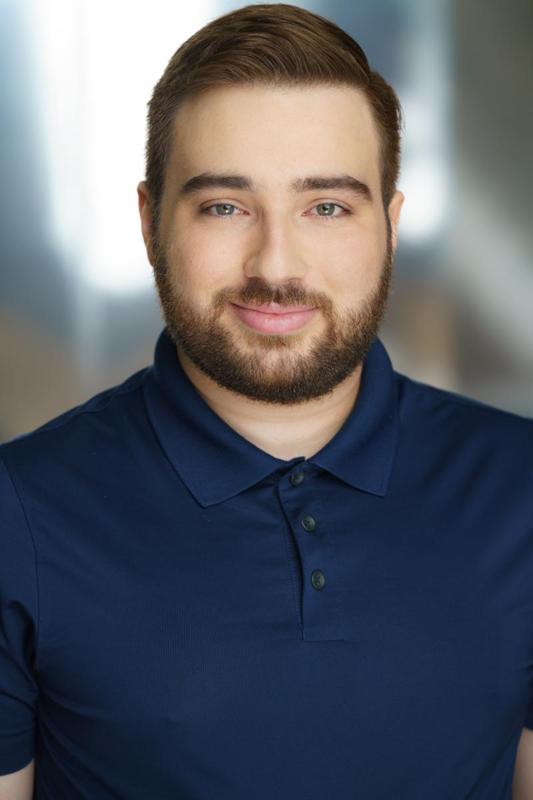
James Gregora
James Gregora is a 3rd year law student at Rutgers with an interest in intellectual property and criminal justice issues. He has a B.A. in Philosophy from Swarthmore College, and an M.A. in Philosophy from Brandeis University.
Free software for environmental sciences
Free software for environmental sciences
"Open science" is a movement that promotes the freedom to share knowledge and data in science. Its recent success largely depends on our ability to reproduce and then improve on existing research products. It is about ensuring that researchers have sufficient access to information and the necessary tools for analysis. This movement goes hand in hand with the free software movement, as it has the potential to revolutionize sciences by providing powerful tools for data analysis, modeling, and visualization. I would like to focus my talk on the connection and missing links between free software and open science, particularly in environmental and data sciences. The talk is devoted to raising awareness and promoting conversations on how we can better advance sciences with free software and knowledge sharing.
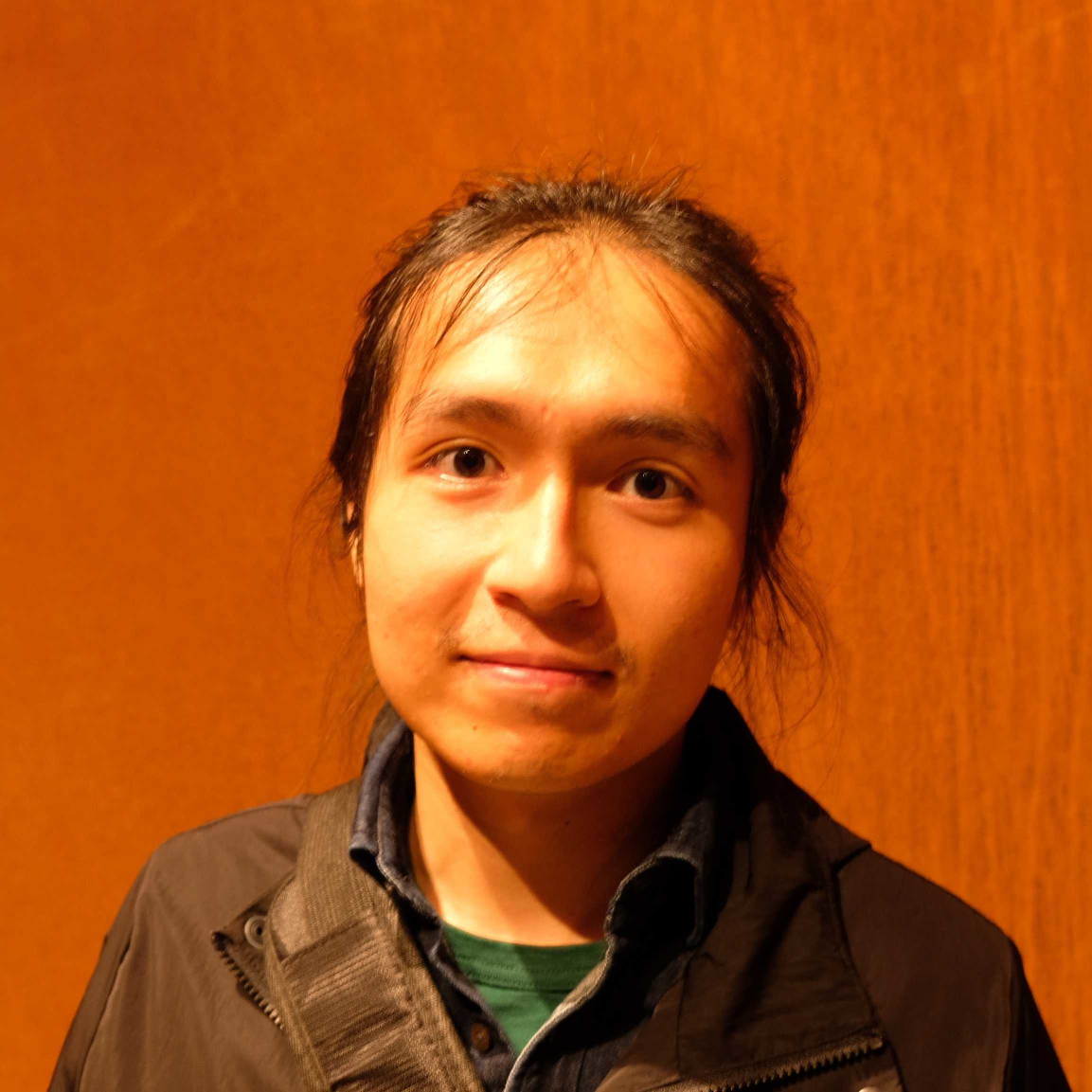
Weiming Hu
My name is Weiming Hu. I am currently a machine learning researcher at Scripps Institution of Oceanography, University of California, San Diego. I have always been a fervent supporter of the free software movement. I encourage my students to use and learn free software and free tools and I try my best to also incorporate concepts and applications of free software in my teaching. I was the recipient of the scholarship for the LibrePlanet 2020 conference but I was not able to attend the conference due to COVID-19. I look forward to this year's in-person conference.
The long history of metrics before and after cybernetics
The long history of metrics before and after cybernetics
The freedom-granting power of GPL derives from the way it situates the electronic computer within the long-standing human institution of the court of law. It is this human side of the equation — not the technical side — which needed addressing in order to stake-out and claim the ground within which users have been liberated.
What other areas of the humanities, civilization, and our human condition need to be considered and addressed in order to expand the mission for computing freedom, and diminish the power of total surveillance?
In this long historical overview, we will consider the arc of technical innovation from the invention of the printing press and telegraph, through to cybernetics, up to "big data" today. Through this telling, our focus will be on the psychological effects of these inventions, and the cultural responses and remedies toward those effects, in order to give context to our own place and time.
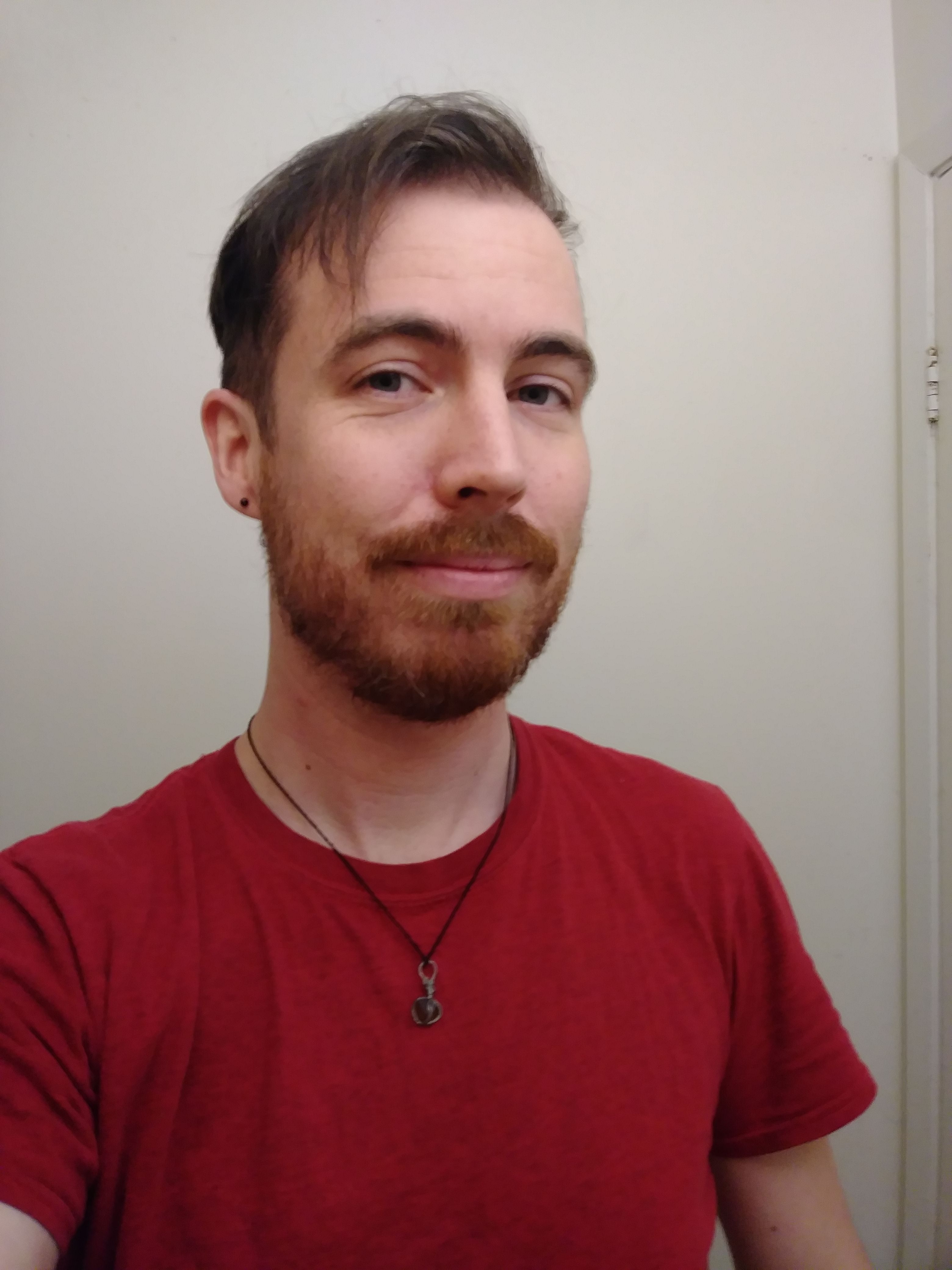
Clinton Ignatov
I've been using GNU/Linux as my daily-driver for twenty years. In that time I've lived through and written about the madness of the post-dotcom bubble burst, the rise of so-called smartphones, the recentralization of the net via social media, and the collision of old and new media today. I've spent five years deeply studying Canadian media theorist Marshall McLuhan, and have become recognized for my scholarship and participation in the field of Media Ecology.
Finding a job while caring about free software
Finding a job while caring about free software
A panel of people who care about software freedom, and have have somewhat recently gone through a job search. They will discuss and share their experience, offer some advice, and involve the audience.
There is a vast array of ways to advance free software while looking after your finances, but in this talk, our focus will be on finding employment doing technical work and issues encountered there.
For example: How much conflict with free software values do you accept in a company and for what price? What about ethical differences between your individual work vs the employer's overall business model?

Ian Kelling
Ian was an FSF volunteer before joining the FSF in May 2017 as a senior systems administrator. He's also a free software developer and has contributed to various projects including GNU Emacs.
Using data to see the impact of free software
Using data to see the impact of free software
In this session, I hope to share with you some of the exciting ways data can be used to show the impact that free software is making on the world. From Git commit histories to lists of OpenWRT compatible devices, I share some sources of data, how to analyze that data, and more interesting work by others in this field.

Do Yoon Kim
Book reading: Ada & Zangemann - A tale of software, skateboards, and raspberry ice cream
Book reading: Ada & Zangemann - A tale of software, skateboards, and raspberry ice cream
The famous inventor Zangemann lives in a huge villa high above the city. Adults and children alike love his inventions and are desperate to have them. But then something happens: when Zangemann wants to take another close-up look at his inventions during a walk through the city, a child hits him in the shin with the skateboard. That hurts! Enraged, the inventor makes a momentous decision... The clever girl Ada sees through what is going on. Together with her friends, she forges a plan.
This illustrated children's book tells the story of the famous inventor Zangemann and the girl Ada, a curious tinkerer. Ada begins to experiment with hardware and software, and in the process realizes how crucial it is for her and others to control technology.
Ada & Zangemann will inspire children's interest in tinkering and encourages shaping technology. https://ada.fsfe.org
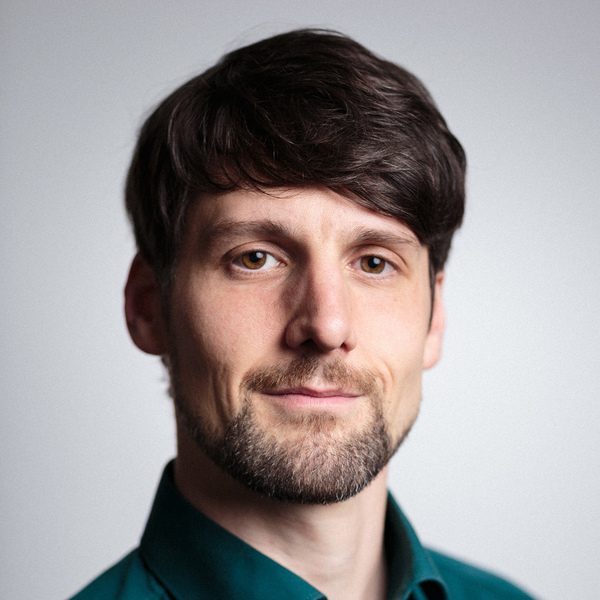
Matthias Kirschner
Matthias Kirschner is president of FSFE. Matthias helps other organizations, companies, and public administrations to understand how they can benefit from free software -- which gives everybody the rights to use, study, share, and improve software -- and how those rights help to support freedom of speech, press, and privacy. He serves on the advisory boards of different free software organizations, has been a consultant for public bodies and other committees, and regularly gives interviews, lectures, or participates in panel discussions about software freedom and the technical distribution of power in a democratic society.
Keynote by FSF & awards ceremony
Keynote by FSF & awards ceremony

Geoffrey Knauth
The legacy of free software in the Brazilian government
The legacy of free software in the Brazilian government
This presentation is about the use and production of free/libre software by organizations of the Brazilian federal government after some years of public policies to promote the use of free software.
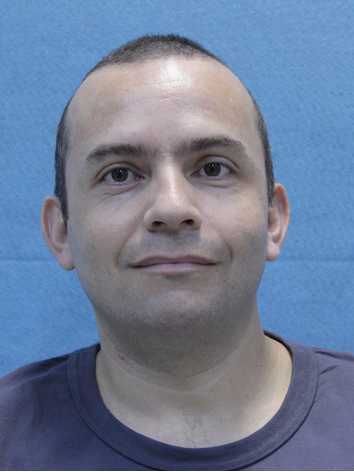
Flávio Lisboa
Master in Studies of Science, Technology and Society (UTFPR). System development analyst in SERPRO, a state-owned IT enterprise. Professor of disciplines on software development. Author of "PHP Web Development with Laminas". Frequent speaker at the PHP Conference Brazil.
Federation and moderation: Usenet as the original decentralized social network
Federation and moderation: Usenet as the original decentralized social network
Today's social media users are locked into proprietary platforms, under the control of a few large corporations. Users are not customers, but a product to be sold to advertisers. These companies have little reason to care about fostering healthy discussion, only to keep advertisers happy. But there is another model for social media. Federated social networks began with Usenet, a distributed system of discussion forums invented a decade before the World Wide Web. Since then, projects such as Mastodon and Diaspora have used open standards and common communication protocols to give users power to choose their own social media experience. What lessons can we learn from Usenet? What does it get right, and what could it do better? And does Usenet still have a place on the modern Internet?
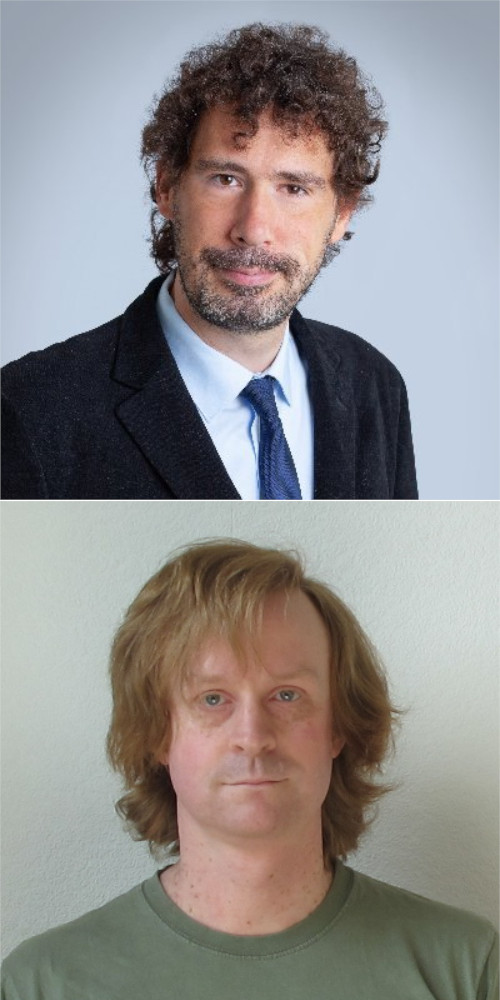
Rayner Lucas
Rayner Lucas is a freelance software developer based in London, UK. Tristan Miller is a computational linguist at the Austrian Research Institute for Artificial Intelligence (OFAI). Both are members of the Usenet Big-8 Management Board, an advisory committee that assists with the creation and administration of discussion groups in Usenet's "Big 8" international group hierarchies.
Free/libre payment system
Free/libre payment system
If we look to email as an example, free software made a revolution that is still strong today. Thanks to the protocol definition, the software and the communities around it are able to setup, run and help each other. GNU Taler is a protocol and software that promotes the same revolution in payment methods, where people can participate freely to generate an essential infrastructure for today's society. In this talk we are going to introduce how it works, which are the main components, we will navigate a demonstration and answer why it is different in comparison with other digital payment systems. We will end the session with a roadmap and a guide to join in and contribute.

Sebastian Marchano
I'm core developer of GNU Taler, working mainly on the Wallet. Living in Argentina, father of two, like to play chess and drink mate.
Topographical maps for all!
Topographical maps for all!
Outdoor sports are enjoyed by many people but access is restricted by regulations. Unlike most countries where I live mapping activities are forbidden by state. The lack of accurately made topographical maps led many years of mine and fellow outdoor lovers wander around in the wilderness blindly. Dangerously depending on poorly made, inaccurate drawings of the field to circumvent the law or inaccessible, expensive and non-free mapping devices and software. Finally being fed up by this fact, I decided to seek the answer if free software and knowledge can liberate people's navigation.
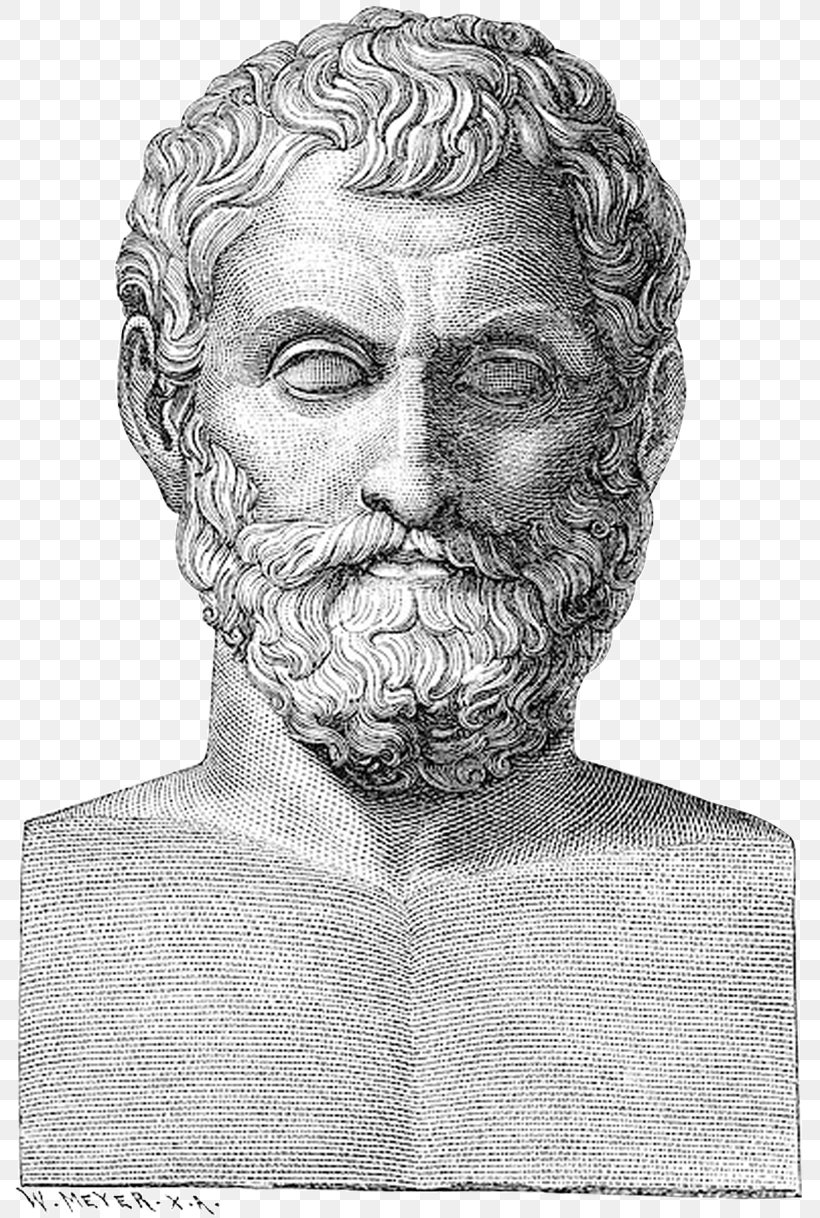
Anaximander Miletus
Anaximander c. 610 – c. 546 BC) was a pre-Socratic Greek philosopher who lived in Miletus, a city of Ionia (in modern-day Turkey). He belonged to the Milesian school and learned the teachings of his master Thales. He succeeded Thales and became the second master of that school where he counted Anaximenes and, arguably, Pythagoras amongst his pupils. He created a map of the world that contributed greatly to the advancement of geography. He was also involved in the politics of Miletus and was sent as a leader to one of its colonies.
Libre software in Africa
Libre software in Africa
This talk gives on overview of creating and using libre software to collect language data in Africa. The software has been deployed at https://tuvutepamoja.africa. The challenges and opportunities that libre software presents for countries in Africa undergoing digitization will be discussed.

Benson Muite
Benson Muite is a software developer based in Nairobi, Kenya. He is interested in free software and high-performance computing.
Warpforge -- a tool for reproducible, hermetic builds
Warpforge -- a tool for reproducible, hermetic builds
Warpforge is a new tool for building software in a reproducible and collaborative way. It emphasizes predictable environments, and produces this by creating a controlled environment populated entirely by materials identified by cryptographic hash. All the build information is designed to be complete, be serializable, and also easily be shared. Communicating build (and *re*build) information to friends and colleagues is easy. Within this system, we produce a new suite of packages and build instructions which are reproducible, and produce binaries which can easily be consumed in any linux system.

Eric Myhre
Questions are the answer, how to have deeper conversations with anyone about free software philosophy.
Questions are the answer, how to have deeper conversations with anyone about free software philosophy.
The hardest part about promoting the free software philosophy is getting people interested enough in the conversation to listen even if they aren't already excited about technology topics. However, most people use software today, yet have complaints and fears about it.
Instead of merely waiting around for the conversation to turn into a discussion about software usage or technology woes and fears, it helps to come up with powerful questions that can turn conversations about anything into conversations about software and why it needs to have the four freedoms, yet still keeping it engaging for all participants so that it is relevant.
This discussion will be about taking topics people like to discuss and turning them into freedom respecting software topics by relating them whatever people are currently talking about using audience supplied examples. These discussions can take place in forums or chat, online or in person.
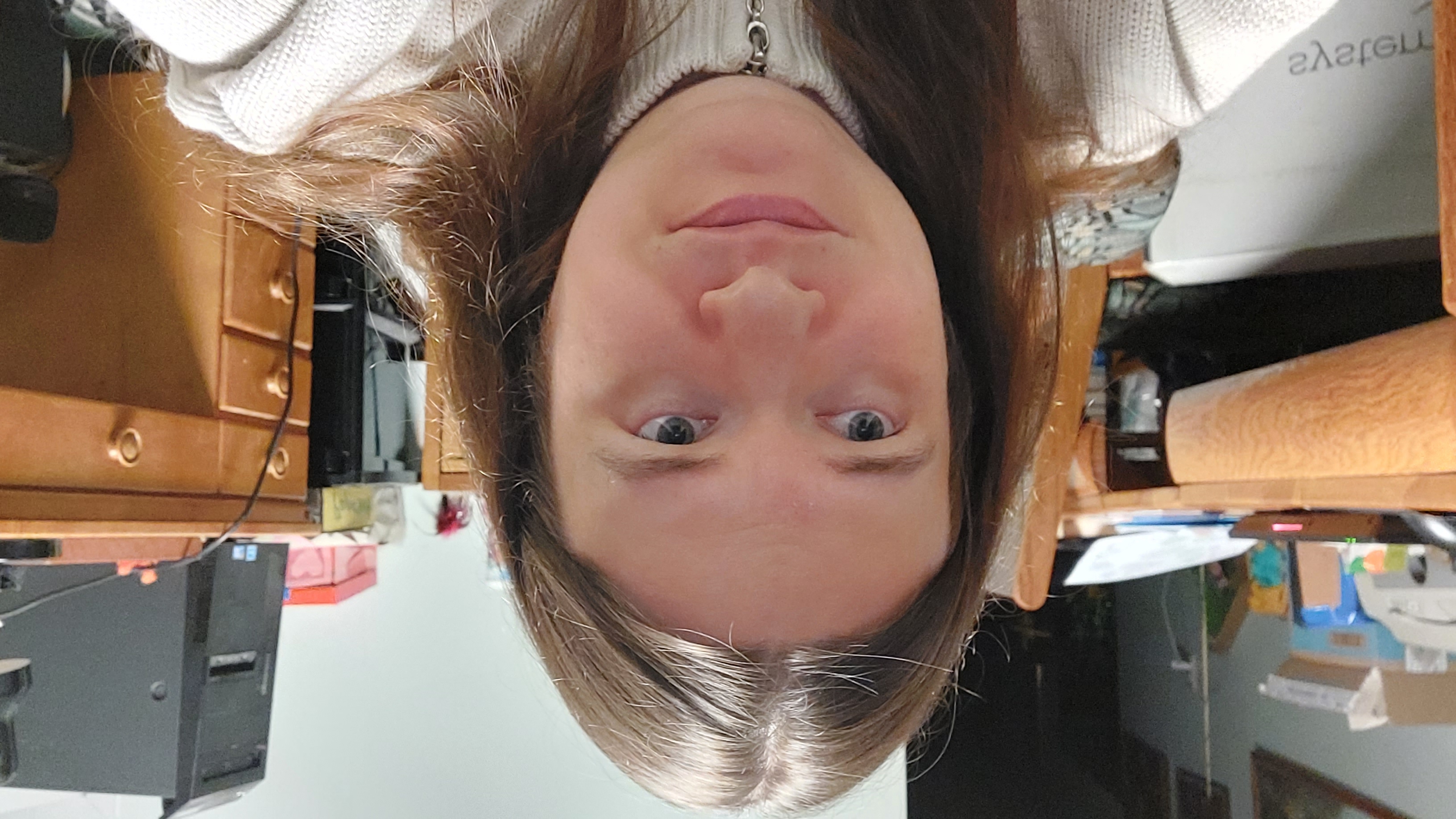
Lori Nagel
Lori Angela Nagel has been a long-time free software supporter and activist, and has been involved with the FSF as an associate member since 2005.
3Demos: A collaborative visual calculus system
3Demos: A collaborative visual calculus system
I'd like to share a fun piece of software I've been working on. A collaboration between Columbia University's Center for Teaching and Learning, and professor Drew Youngren, we've put together a 3D visual calculus environment for classroom use. Experimenting and playing around is the best way to learn new things, and we hope to facilitate that with this free software we've created.
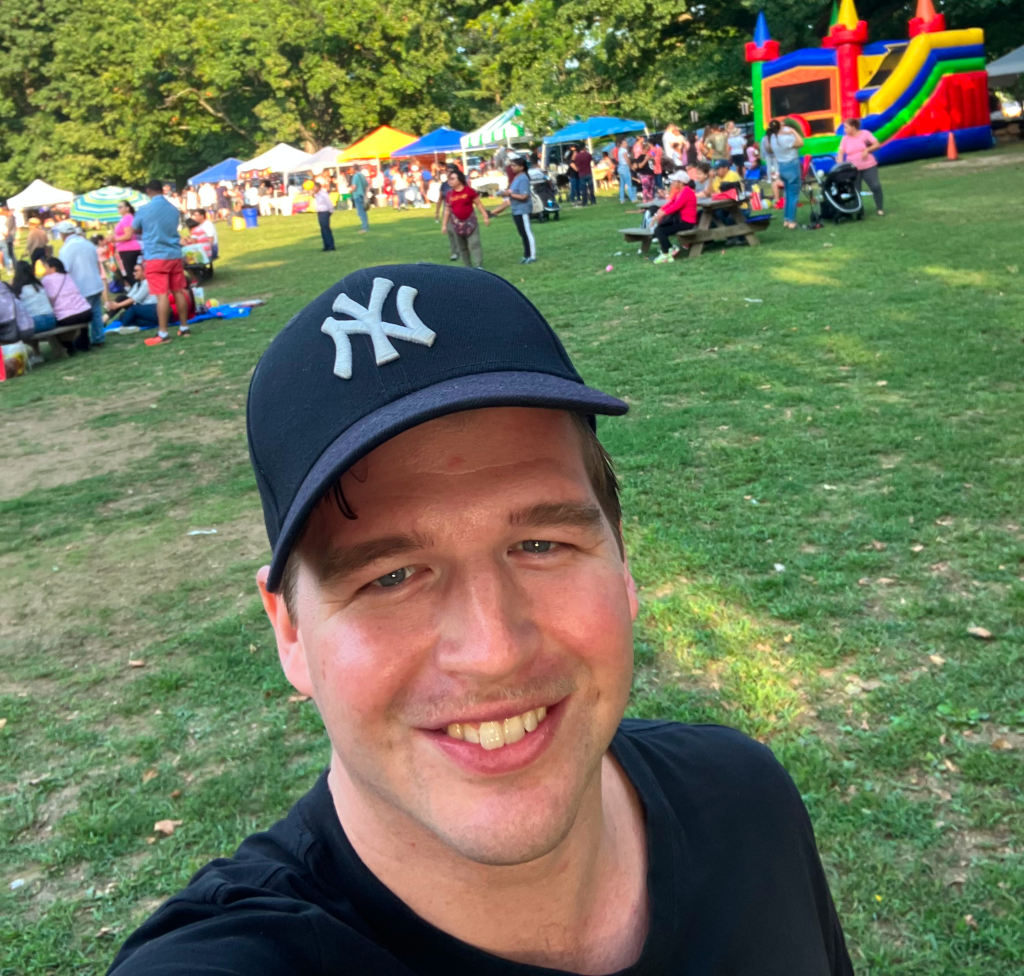
Nikolas Nyby
I am currently a software developer at Columbia University's Center for Teaching and Learning. I've been enamored by the free software world from an early age. I believe that the only path forward for technology exists outside of proprietary interests. I love learning how things work, and I'm a lifelong Emacs stan.
JShelter for browsing securely
JShelter for browsing securely
The Web is used daily by billions. Even so, users are not protected from many threats by default. This presentation will introduce JShelter, a Webextension that helps in returning the browser to users. JShelter builds on top of previous Web privacy and security research. JShelter focuses on fingerprinting prevention, limitations of rich Web APIs, prevention of attacks connected to timing, and learning information about the computer, the browser, the user, and surrounding physical environment and location. JShelter provides a fingerprinting report and other feedback that can be used by future security research. Thousands of users around the world use the extension every day.

Libor Polčák
Libor Polcák is an assistant professor and researcher on the Faculty of Information Technology at the Brno University of Technology with a focus on security and data protection in networking and on the Web. His area of interests include device identification, network identities, privacy, and data protection. He finished his Ph.D. studies on the Faculty of Information Technology, Brno University of Technology in 2017. In 2018, he received the Czech Minister of the Interior award for outstanding results in the area of security research. Since 2022, he is a member in the Pool of Experts of the European Data Protection Board. He works on the JShelter Webextension.
Volunteering for the Licensing and Compliance Lab
Volunteering for the Licensing and Compliance Lab
The FSF's Licensing and Compliance Lab helps hundreds of people each year by answering their licensing questions with the help of a team of licensing volunteers. This talk will be an overview of what the Licensing and Compliance Lab does and what licensing volunteers do within it. We will cover the kinds of questions volunteers answer and volunteers will share what volunteering for the Compliance Lab is like.

Yoni Rabkin
Yoni Rabkin is a parent, programmer and paralegal who studied computer science in Israel, worked in the medical devices industry, and now writes custom software for a living. He believes that everyone should contribute something positive to society, commensurate with their personal strengths. Yoni will be speaking as a volunteer of the Licensing and Compliance Lab.
It’s time to jailbreak the farm
It’s time to jailbreak the farm
Farmers large and small in the U.S. are being crushed under the thumb of “BigAg” equipment makers whose late model farm machinery combines sensors, always-on Internet connections, software and Digital Restrictions Management (DRM) to vacuum up and monetize proprietary farm data, while simultaneously preventing farmers from being able to service and repair their own equipment. Farmers who own late model equipment today are required to patronize “authorized” technicians at the expense of independent repair and are forced to pay astronomical prices for even routine maintenance. What’s needed is a way to free farmers from the grip of these monopolies with free software and usurious OEM-operated software ecosystems. This panel will bring together experts on farming and farm equipment, embedded device security and policy (e.g. right to repair) to discuss ways to liberate farmers with free software.
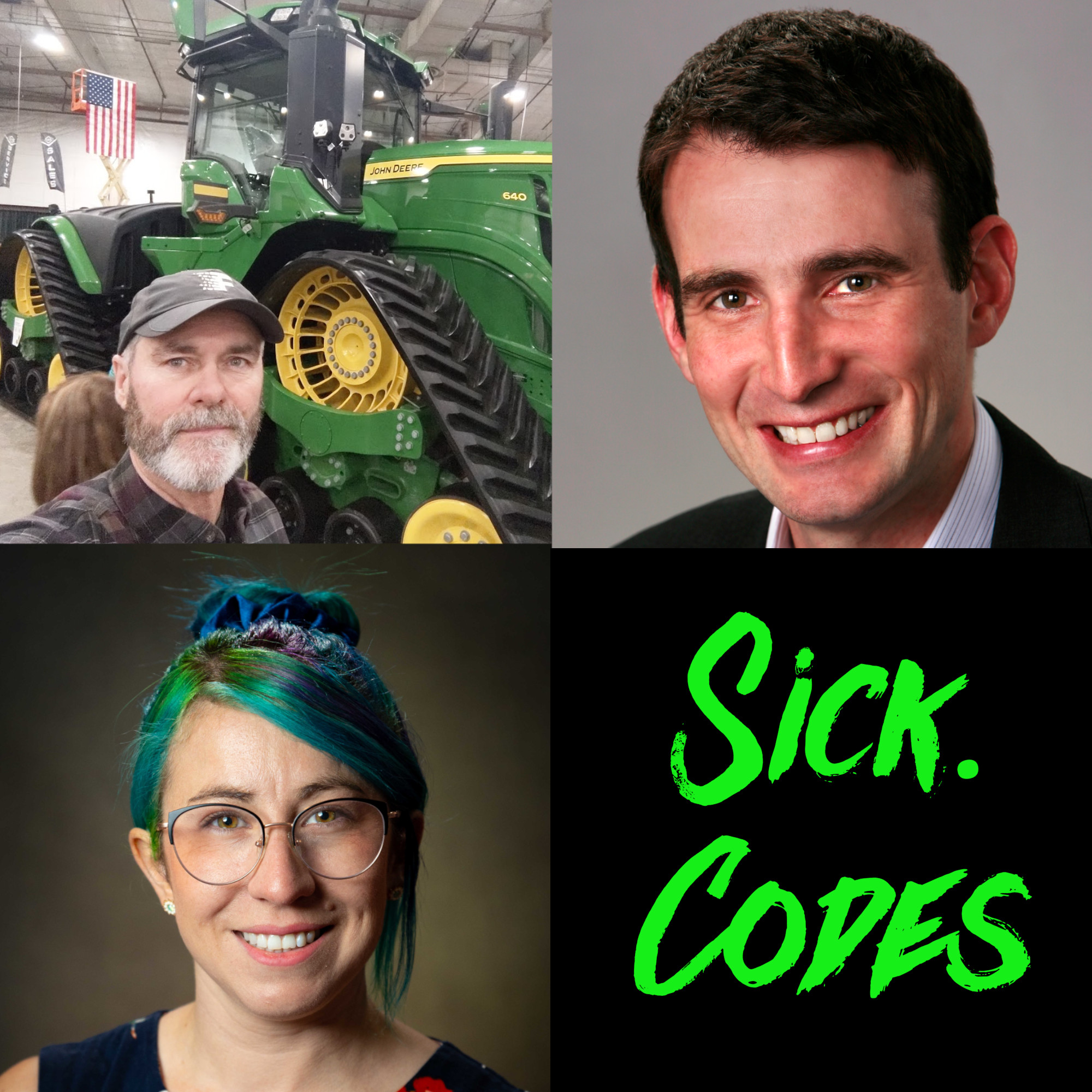
Paul Roberts
Paul Roberts is the founder of Secure Repairs (securepairs.org), an independent group of information security and information technology professionals who support the right to repair. Paul is a seasoned reporter, editor and industry analyst with more than 15 years experience covering the information technology security space. His writing about cybersecurity has appeared in publications including The Christian Science Monitor, MIT Technology Review, The Economist Intelligence Unit, CIO Magazine, ZDNet and Fortune Small Business. He has appeared on NPR’s Marketplace Tech Report, KPCC AirTalk, Fox News Tech Take, Al Jazeera and The Oprah Show.
Kevin Kenney is a Right to Repair advocate. He wrote the first Right to Repair bill for agriculture in the Nebraska legislature, in 2015, titled, "Fair Repair Act." His Right to Repair work is published in Bloomberg, Vice.com, and Reader's Digest. Today, he is working to help farmers get repair help for their tractors. He is experienced in all aspects of farm operations and is familiar with all popular tractors, sprayers, and combine makes. He is a respected innovator in equipment design, with the skills necessary to design, reverse-engineer, and modify multiple agricultural equipment systems. He spends most of his free time with carpentry, mechanical, and free software projects, as well as with hunting and many other outdoor activities.
Trisquel GNU/Linux, new architectures and other challenges
Trisquel GNU/Linux, new architectures and other challenges
A recap of the progress and challenges of making Trisquel GNU/Linux 11 "Aramo", adding support for ARM and Power architectures, keeping the console installer, packaging of key components, and more.
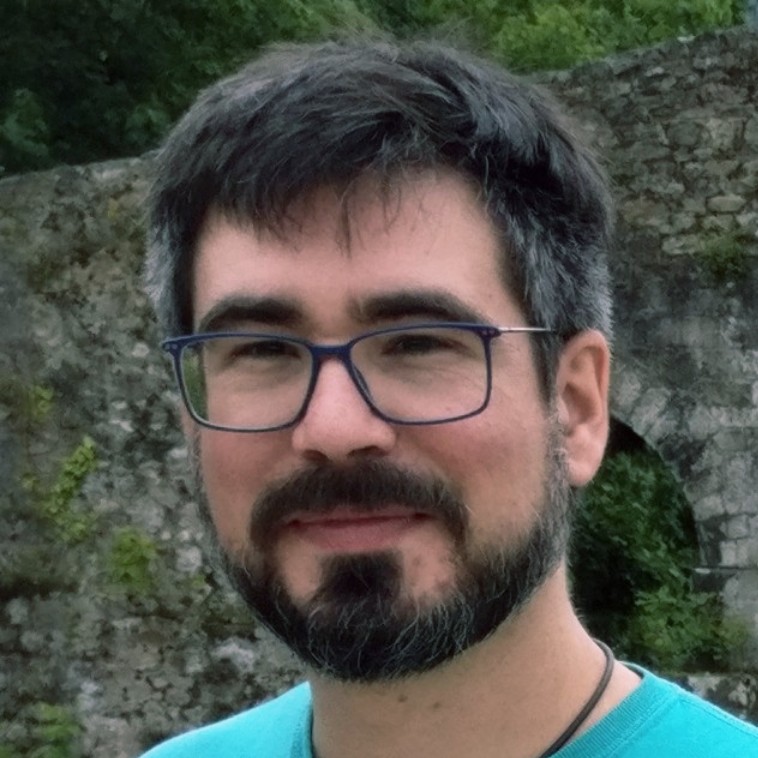
Rubén Rodríguez Pérez
Spaniard, software engineer, photographer, GNU hacker, guitar player, ape descendant. Rubén started his career developing free software for research centers and universities, then founded the Trisquel GNU/Linux distribution project and other nonprofits. He has contributed to the freedom and privacy oriented Web tools GNU IceCat, GNU LibreJS and JShelter, and has worked in the One Laptop Per Child program and as a senior systems administrator and CTO of the Free Software Foundation. He likes dogs and paragliding, and dislikes writing about himself.
Understanding developer advocacy in Wikipedia's technology landscape
Understanding developer advocacy in Wikipedia's technology landscape
This talk will begin by shining some light on the vastness of Wikipedia's technology landscape and the technical community behind it, supporting the development of projects in many different areas to set the room for understanding the need and role of developer advocacy for such a large community. It will then focus on the developer advocacy's role in engaging the technical community behind Wikipedia and its sister projects, for example, through dedicated FOSS outreach, mentoring programs and events, awards and ceremonies for developer recognition, grants and partnerships, community metrics and health, platforms and services, developer portal, and more. Through this talk, the audience will gain insights into what a good return on investment means for such initiatives in nonprofit organizations and gather new ideas for building stronger developer communities.
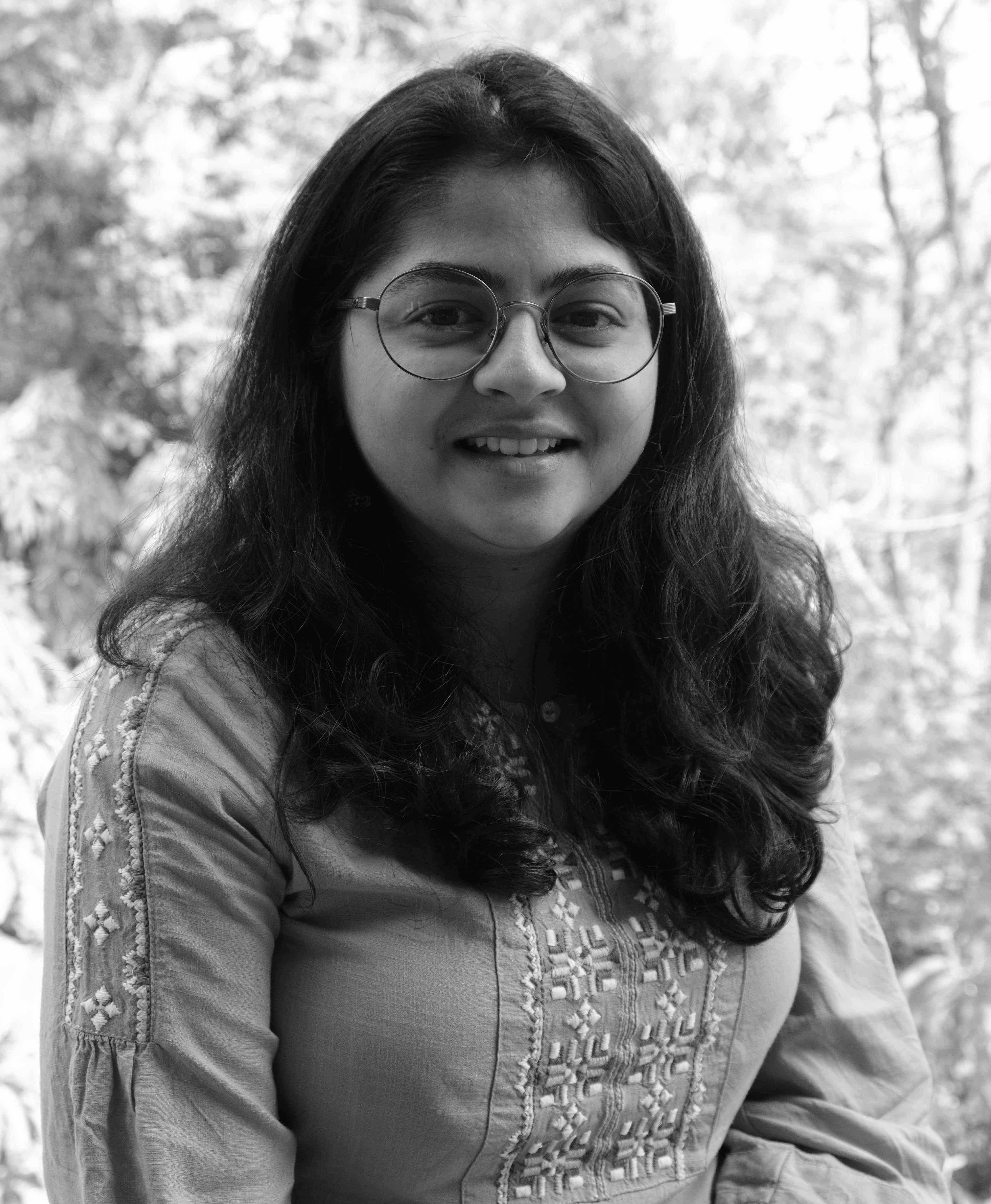
Srishti Sethi
Srishti is a Senior Developer Advocate at the Wikimedia Foundation, a non-profit behind Wikipedia and its sister projects. In her role, she supports the technical volunteer community through several projects. In the past decade, she has been a part of several free and open-source projects and communities in the education space in various roles (software engineer, researcher, educator, and community manager). She also recently co-founded Unstructured Studio, an educational non-profit engaging children from underserved communities in India in creative learning experiences. Srishti holds a Master's in Media Arts and Sciences from the Massachusetts Institute of Technology.
Life 0.01 - Free software for the end times
Life 0.01 - Free software for the end times
Puerto Rico is a beautiful place. One that is suffering. The calamities do not cease. Some were man-made, like financial bankruptcy. Others have been earthquakes and hurricanes. Compared to most states, Puerto Rico is facing extreme conditions. Life is tough. For many here, these are the end of times. Puerto Ricans live in austerity and hyper-inflation. We have food shortages as well as power and water outages. Our roads and bridges are crumbling with each major rainfall. Can free software help? I propose a new application of free software. An application to help human beings to stay alive. To stay alive people need access to information and resources. They need to know how to provide food, water, and shelter; or where to find them. They need pioneer skills to live off of the land. The need to connect and reconnect. They need Life 0.01.

Kevin Shockey
Hi, I’m Farmer Kevin. I live in Puerto Rico. Proprietary software rules the island. Mine and others past efforts to promote free software were thwarted by FUD and attrition. When climbing the technology ladder here, most advocates end up working for and on proprietary software. Until hurricane Maria hit the island in 2017, I had retired from technology altogether. There were too few supporters of free software to warrant a Sisyphean effort to counteract high paying jobs using proprietary software. Since Maria, I’ve returned to the fray, but with a new focus on surviving disasters, climate change, and food shortages.
Emacs for P2P Deliberation
Emacs for P2P Deliberation
The ushin project explores Org mode for peer-to-peer deliberation. Ushin offers the seven shapes (or kinds of meaning) deliberative structure for mutual understanding by distinguishing facts, feelings, needs, thoughts, topics, actions, and people. When communicating over the hyperdrive peer-to-peer network, you have full control over your data. With no central authority to censor "misinformation," decision-making power is distributed. A subjective moderation system inspired by TrustNet makes it easy to find sources
of information you can trust. Org mode is already an effective tool for organizing personal knowledge, and we want to use it to deliberate collective issues. Ushin combines these ideas into a fun and easy-to-use plain-text system for discussing important issues free of censorship, bots, and trolls through community curation.
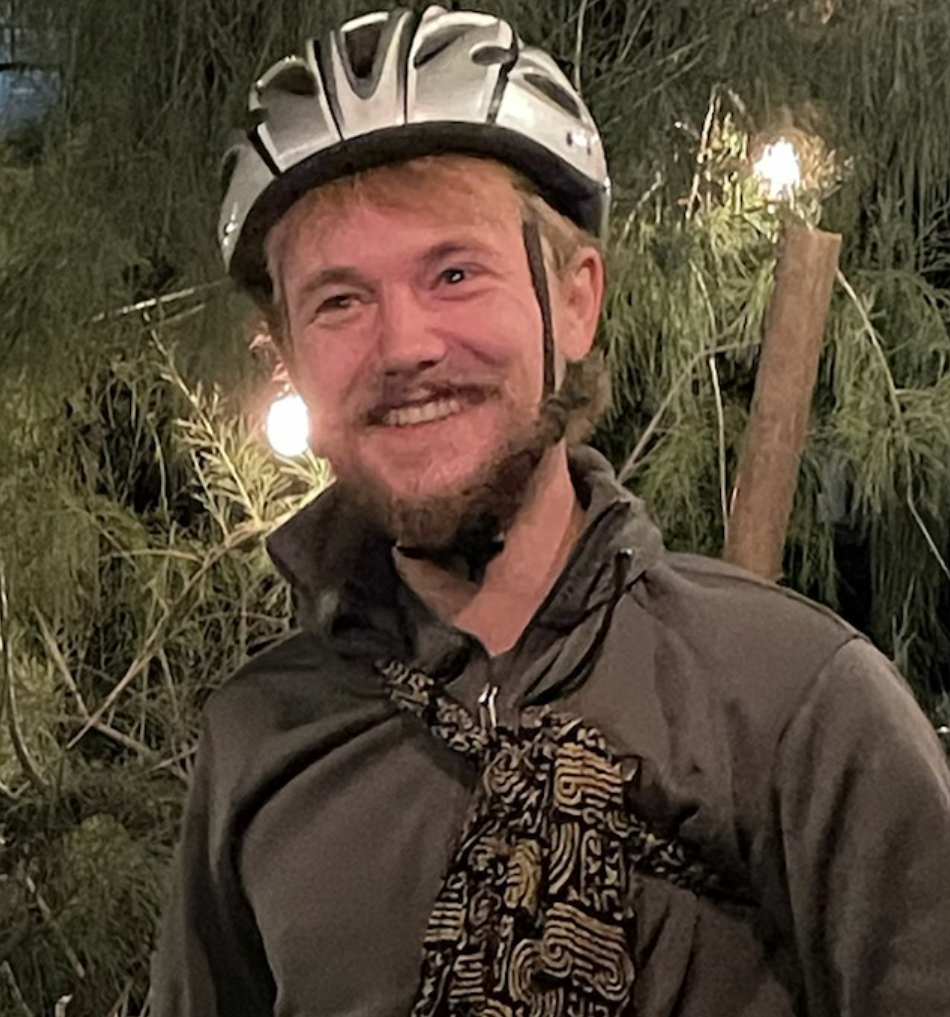
Joseph Turner
Hello! I'm Joseph Turner. I started using GNU/Linux and learning to program after I graduated college in 2019. Since then, I have worked as a project manager and developer with the USHIN team. I enjoy playing music (fiddle, cello, piano, anything that makes noise), practicing aikido, caring for animals, gardening, and chopping wood for the fireplace in my cabin in the woods. I am excited to get more actively involved with the free software and Emacs communities as we explore deliberative software.
Towards federated forges
Towards federated forges
Free software needs free tools! We’re making software development collaboration and hosting websites (a.k.a forges) talk to each other using shared protocols, hopefully allowing the free software community to create a decentralized network of self-hosted forge websites powered by fully free software, and whose UX design is geared towards filling human needs rather than company profits. We’ll explore this vision, talk about (and see) our latest development progress, examine the challenges, and present our roadmap for realizing this dream.

Anthony Wang
Anthony Wang is an MIT student and decentralized web developer. He is a maintainer for the ForgeFed protocol, Forgejo, Fediverse Enhancement Proposals, and a few other decentralized web projects.
Kids need to experience software freedom, not just the idea of it
Kids need to experience software freedom, not just the idea of it
This presentation will show off how I (a non-programmer) introduced my young son to computers and software freedom with plain old command-line stuff and programming basics, instead of Internet and fancy video games. He loved it, and I hope you will too. `cowsay -e LL just say no to proprietary software`
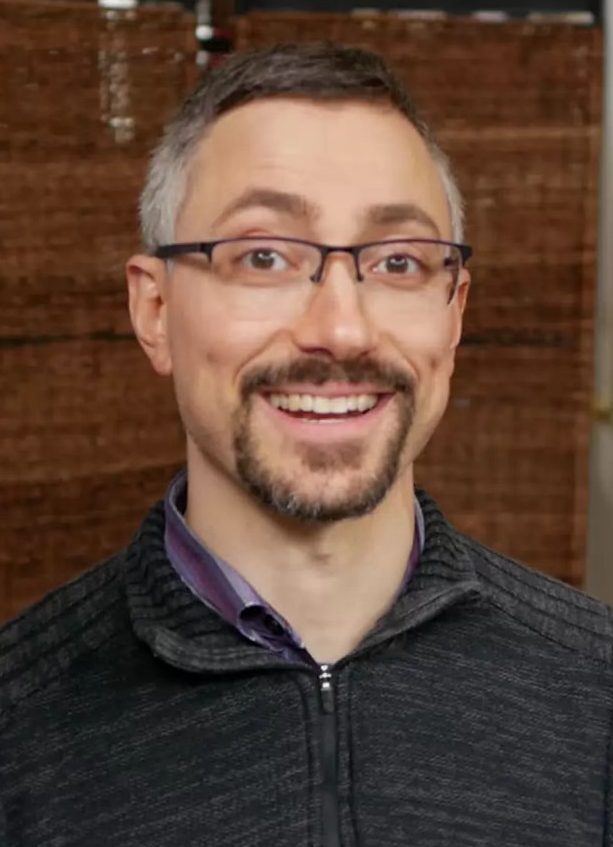
Aaron Wolf
Co-founder of Snowdrift.coop (still struggling and still working on it!), music teacher and musician, conscious FLO activist. My website: https://wolftune.com
![[ LibrePlanet 2023 ]](/2023/assets/img/logo.svg)